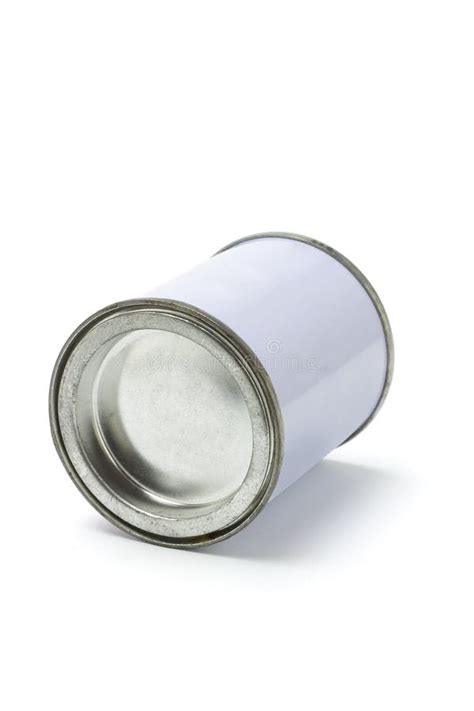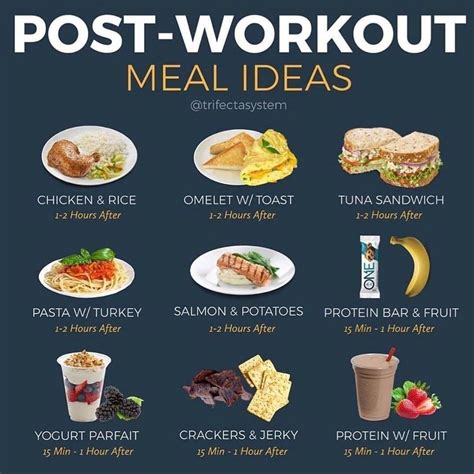How can I optimize my carb timing for peak workout energy and recovery?

Carbohydrates are the body’s primary fuel source, especially for high-intensity exercise. Optimizing their timing around your workouts isn’t just a trend; it’s a science-backed strategy to maximize your energy, sustain performance, and dramatically improve recovery. Getting it right means the difference between hitting a wall and smashing your personal bests.
Understanding the Role of Carbohydrates
Carbohydrates are broken down into glucose, which is then used immediately for energy or stored as glycogen in your liver and muscles. These glycogen stores are critical for powering your workouts. When stores are low, performance suffers, and recovery slows down. Strategic carb timing ensures these stores are adequately stocked before exercise, sustained during prolonged activity, and rapidly refilled afterward.
Pre-Workout Carb Timing: Fueling Your Session
Your pre-workout meal is crucial for topping off glycogen stores and providing readily available energy. The timing and type of carbs matter here.
- 2-4 Hours Before: A larger meal containing complex carbohydrates (like oats, brown rice, whole-wheat bread) along with some protein and healthy fats. This allows ample time for digestion and absorption.
- 30-60 Minutes Before: If you need a quick boost closer to your workout, opt for easily digestible, simple carbohydrates (like a banana, fruit juice, or a rice cake). These provide a rapid energy spike without taxing your digestive system.

Intra-Workout Carbs: Sustaining Performance
For most standard workouts (under 60-90 minutes of moderate intensity), pre-workout fueling is sufficient. However, for extended, high-intensity sessions (e.g., long-distance running, intense cycling, or multi-hour training), intra-workout carbohydrates can be a game-changer.
- When to Consider: Workouts lasting longer than 60-90 minutes or involving multiple intense intervals.
- What to Choose: Fast-acting simple sugars in liquid form (e.g., sports drinks, diluted fruit juice, or specific carb powders like highly branched cyclic dextrin). Aim for 30-60 grams of carbs per hour for sustained efforts.

Post-Workout Carb Timing: The Recovery Window
The period immediately following your workout is often referred to as the ‘anabolic window’ – a crucial time for glycogen replenishment and muscle repair. Consuming carbohydrates post-exercise helps kickstart this process.
- Within 30-60 Minutes: Aim to consume 0.8-1.2 grams of carbohydrates per kilogram of body weight, ideally combined with 0.2-0.4 grams of protein per kilogram. This combination maximizes glycogen resynthesis and muscle protein synthesis.
- What to Choose: Fast-digesting carbs are beneficial here to quickly restock depleted glycogen stores. Examples include white rice, potatoes, fruit, or a sports recovery drink.

Choosing the Right Carb Types
- Complex Carbohydrates: Found in whole grains, vegetables, and legumes. They provide sustained energy and are ideal for meals further away from workouts.
- Simple Carbohydrates: Found in fruits, honey, and refined sugars. They provide quick energy and are best utilized immediately before, during, and after intense exercise for rapid fueling and recovery.
Listen to Your Body: Individualization is Key
While general guidelines exist, optimal carb timing can vary significantly based on your individual metabolism, workout intensity, duration, and personal goals. Experiment with different types and timings to see what works best for your body and your performance. Keeping a nutrition log can help you identify patterns and fine-tune your approach.

By strategically timing your carbohydrate intake, you empower your body with the fuel it needs to perform at its best and recover efficiently. This thoughtful approach to nutrition will not only enhance your workout energy but also accelerate your progress towards your fitness goals, making every session more effective and rewarding.










